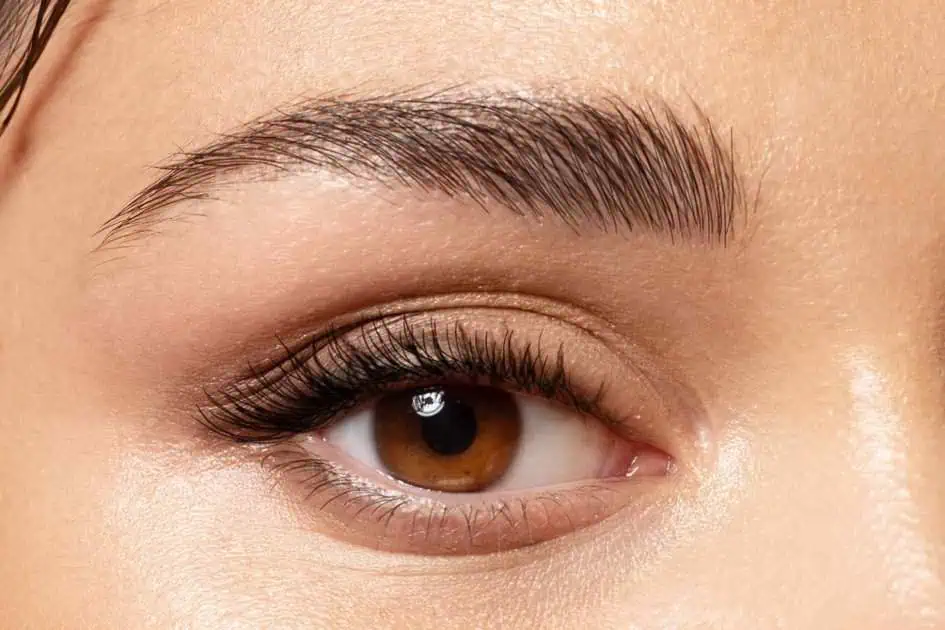
Visit Us Or Call Us Today
SCHEDULE YOUR APPOINTMENT WITH OUR EXPERT TEAM NOW

Macular degeneration affects millions of seniors every year, causing gradual vision loss that can severely impact daily life. On World Sight Day 2024, we’re focusing on practical steps to help seniors facing this challenge. If you or a loved one is dealing with macular degeneration, here’s what you need to know to maintain your vision health and keep living life to the fullest.
In macular degeneration, the macula, a tiny part of the retina accountable for sharp central vision, deteriorates. You need to be aware of two types: dry and wet. Dry macular degeneration occurs when there is thinning of the macula over time, and it progresses slowly. Wet macular degeneration, although less common, is more serious. It’s caused by abnormal blood vessels leaking fluid or blood into the retina, leading to rapid vision loss.
This condition doesn’t just take away your ability to see things clearly. It can make it hard to recognize faces, read, or even drive. The reasons behind macular degeneration are complex, involving genetics, lifestyle, and environmental factors, but knowing how it works gives you the power to slow it down.
Routine eye exams are key to managing macular degeneration. Eye doctors use tools like OCT scans to detect changes in your retina before you even notice any symptoms. When detected early, there are more options to slow the disease’s progress and protect your vision.
For seniors, these exams should happen every year or two. They’re not just about monitoring macular degeneration; they also help catch any other eye issues that might arise. If you notice any changes in your vision, such as blurriness or dark spots, don’t wait—get it checked out immediately.
You can’t control everything about macular degeneration, but certain lifestyle choices can help you manage it better. Eating the right foods, quitting smoking, and keeping chronic health conditions in check are all ways to protect your eyes.
What you eat has a big impact on your eye health. Researchers have found that antioxidants and essential nutrients can help slow down macular degeneration. In a study conducted by the Age-Related Eye Disease Study (AREDS), high doses of vitamins C and E, beta-carotene, zinc, and copper are linked to a 25% reduced risk of advanced macular degeneration.
You can protect your eyes from damage by eating leafy greens like spinach and kale, which are packed with lutein and zeaxanthin. Salmon, which contains omega-3 fatty acids, may also help preserve retinal health and prevent progression.
If you smoke, quitting is one of the best things you can do for your vision. Macular degeneration is twice more likely to happen if you smoke. It accelerates the breakdown of the macula by increasing oxidative stress and damaging blood vessels in the eyes. Even if you’ve smoked for years, quitting now can still have positive effects on your vision.
Conditions like diabetes and high blood pressure can worsen macular degeneration. Macular degeneration is compounded by high blood pressure and diabetic retinopathy, which can damage blood vessels in the eyes and cause further complications.
By taking medication, getting regular checkups, and living a healthy lifestyle, you can manage these conditions. Keep your blood pressure and blood sugar levels in recommended ranges to keep your vision healthy.
As vision declines, making adjustments at home can help maintain your independence and prevent accidents. Small changes can make a big difference.
Adequate lighting is essential for those with macular degeneration. Bright, energy-efficient bulbs can make it easier to see, especially in areas where you perform tasks like reading or cooking. Task lighting, such as adjustable desk lamps, provides focused light that reduces eye strain.
Consider adding contrasting colors in your home to help you distinguish objects more easily. For instance, if your walls are light, choose darker furniture and vice versa. Reducing glare with window coverings or anti-reflective coatings on your glasses can also help you see more clearly.
Technology offers various tools to help those with macular degeneration. Magnifiers, large-print books, and electronic reading aids can make daily tasks easier. Voice-activated assistants can help you manage tasks like setting reminders or turning on lights, reducing the strain on your eyes.
Knowledge is your best defense against macular degeneration. Keeping up to date with the latest research and treatments can help you make the best decisions regarding your eye health.
Organizations like the American Macular Degeneration Foundation and the Macular Degeneration Association provide valuable resources, including educational materials, support groups, and updates on clinical trials. Vision rehabilitation services can teach you how to use low-vision devices, improve daily living skills, and connect you with others going through similar experiences.
Engaging with a community of peers who understand what you’re going through can be a great source of emotional support and practical advice. Don’t hesitate to reach out and make use of these resources.
Vision loss can be overwhelming, and it’s normal to feel frustrated, anxious, or even depressed. You should take care of your mental health just as much as you do your eyes.
Get help from a counselor or join a support group where you can share your experiences and learn coping techniques. You can alleviate feelings of isolation and keep your spirits up by maintaining social connections, whether in person or virtually.
Taking care of your vision health isn’t just about preventing issues; it’s about maintaining the quality of life you deserve. If you’re dealing with macular degeneration in Cincinnati, OH, or simply want to stay on top of your vision health in Cincinnati, OH, the time to act is now. Adult eye care in Cincinnati, OH, tailored to your specific needs, can make all the difference in preserving your sight. Don’t wait for these manageable diseases to worsen. Book your macular degeneration consultation in Cincinnati, OH, today! Eyecare on the Square’s team is here to provide the comprehensive care and support you need to keep your vision at its best. Let’s work together to protect your eyes and your future.